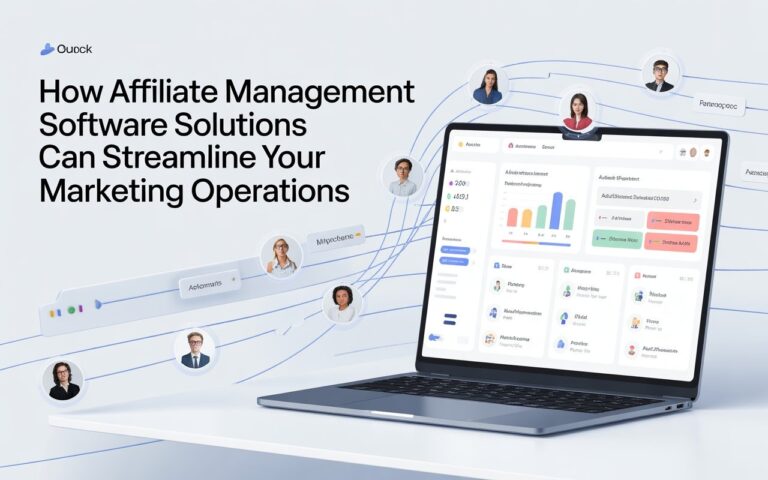Digital Marketing Services in India for Business Growth and Success
Digital marketing services in India have become essential for businesses aiming to grow their online presence and drive measurable results. The industry offers a wide range of expertise, including SEO, PPC, social media management, and content marketing, tailored to meet diverse business needs. India’s digital marketing agencies provide cost-effective, scalable solutions that help companies increase traffic, boost brand visibility, and improve sales performance.
With a rapidly evolving market, Indian digital marketing firms combine global strategies with local insights to deliver impactful campaigns. Many agencies emphasize data-driven approaches and customized plans, ensuring clients see tangible returns on investment. The competitive landscape features numerous reputable companies known for their strong customer reviews, expert teams, and comprehensive service offerings.
As digital channels become more complex, partnering with the right agency in India can be a strategic advantage for any business. This growing sector continues to attract companies worldwide looking for reliable expertise to navigate the digital space efficiently and effectively.
Overview of Digital Marketing Services in India
Digital marketing in India uses technology to connect brands with consumers through various online and mobile channels. The services encompass a wide range of specialized methods to increase visibility, engagement, and sales. Rapid smartphone adoption and evolving consumer behavior influence the strategies applied.
Key Service Offerings
Indian digital marketing companies typically provide services like SEO (Search Engine Optimization), which improves website ranking on search engines. They also offer PPC (Pay-Per-Click advertising) for targeted paid campaigns.
Other common services include:
- Content marketing to create and distribute valuable content.
- Social media marketing for brand awareness on platforms like Facebook and Instagram.
- Email marketing targeting potential and existing customers.
- Web design and development to enhance user experience.
- Online reputation management to maintain a positive brand image.
These services can be bundled or customized based on client needs.
Trends in the Indian Digital Marketing Industry
The industry is growing due to wider smartphone penetration and increased internet access across India. Marketers now focus on mobile-first strategies because many users access content via smartphones.
Other trends include:
- Use of AI and analytics for personalized campaigns.
- Growth in influencer marketing among diverse demographics.
- Increased adoption of marketing clouds and CRM integrations.
- Expansion of video content and short-form videos on platforms like YouTube and TikTok alternatives.
- Emphasis on ROI-driven approaches to measure campaign effectiveness.
These trends reflect a shift towards data-driven, interactive, and highly targeted digital marketing.
Benefits for Businesses
Digital marketing provides measurable results and broad reach for businesses. It enables precise targeting based on demographics, behavior, and location, reducing wasted budget.
Additional benefits include:
- Cost-effectiveness compared to traditional advertising.
- Enhanced customer engagement via multiple touchpoints.
- Faster feedback and adaptability through real-time analytics.
- Increased brand visibility across online channels.
- Ability to tap into new markets, including rural and tier-2/3 cities.
These advantages help both startups and established companies scale efficiently.
Target Industries and Sectors
Indian digital marketing serves a wide array of sectors including:
- E-commerce and retail, leveraging online sales channels.
- Education, promoting online courses and distance learning.
- Healthcare, for patient engagement and telemedicine awareness.
- Technology and SaaS companies, driving product adoption.
- Travel and hospitality, targeting travelers with dynamic offers.
Other sectors like real estate, finance, and FMCG also employ digital marketing to connect with tech-savvy consumers, reflecting broad industry adoption.
Choosing a Digital Marketing Partner in India
Selecting the right digital marketing partner involves assessing expertise, services, and compatibility with business goals. It requires understanding which agencies offer focused specialties and considering practical challenges like budget and communication.
Selection Criteria
Businesses should evaluate agencies based on several key factors: experience in the target industry, range of offered services, proven results, and transparency in reporting. It is vital to review client portfolios and case studies to verify effectiveness in SEO, PPC, content marketing, or social media management.
Budget alignment and long-term ROI must also be considered. Clear communication channels and agency responsiveness impact daily collaboration and project success. Agencies that tailor strategies to specific business goals generally deliver better outcomes. Certifications and awards can be additional indicators of credibility.
Top Agencies and Their Specializations
India hosts numerous agencies, many focusing on niche areas such as SEO, paid campaigns, or email marketing. For example, some firms excel in data-driven marketing and audience engagement, offering comprehensive analytics. Others specialize in startup growth through adaptive and cost-effective digital solutions.
Selection often depends on business size and scope. Large agencies may provide extensive services and global support, while smaller firms might offer personalized attention. Reviewing client testimonials helps identify agencies best suited for a company’s market segment.
Challenges and Considerations
Choosing a digital marketing partner in India entails managing diverse language preferences, regional market nuances, and varying digital maturity across sectors. Some businesses face challenges with remote coordination, especially when campaigns require rapid adjustments.
Budget constraints can limit options, making it crucial to balance costs against expected impact. Companies should also consider data privacy standards and the agency’s adaptability to evolving digital trends. Clear contracts and defined KPIs help mitigate misunderstandings during the partnership.

